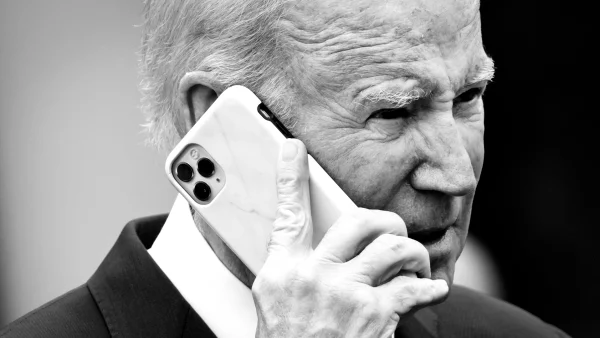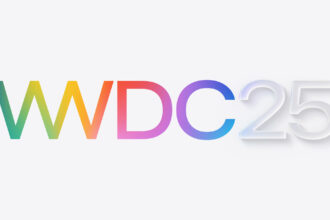Today, the Oversight Board, an independent entity tasked with reviewing Facebook’s content moderation practices, has proposed a subtle approach to handling fake posts on the platform.
Rather than outright removal, the board suggests labeling such content, advocating for a more coherent and inclusive policy framework.
The Oversight Board’s recommendation stems from evaluating Meta’s decision not to remove a fake video involving US President Joe Biden.
Despite concerns about its authenticity, the video did not violate Meta’s manipulated media policy, prompting the board to critique the current policy’s inconsistencies and call for broader applicability, especially in light of the upcoming election year.
Acknowledging the need for refinement, a Meta spokesperson confirmed the company’s commitment to reviewing the Oversight Board’s guidance and pledged to respond within the stipulated timeframe.
Central to the Oversight Board’s proposal is the advocacy for increased labeling of fake material, particularly when removal isn’t warranted under existing policy violations.
This strategic labeling approach aims to diminish reliance on third-party fact-checkers, provide a more scalable enforcement mechanism for manipulated media policy, and enhance user awareness regarding the authenticity of content.
Furthermore, the Oversight Board expressed concerns regarding user transparency and recourse mechanisms in content demotion or removal cases.
Highlighting the sheer volume of appeals received in 2021, the board emphasized the importance of robust and accessible avenues for users to understand and challenge platform decisions.
Michael McConnell, co-chair of the Oversight Board, criticized the existing policy’s narrow focus on AI-manipulated videos and advocated for a more holistic approach to combatting misinformation across different media formats. He emphasized the need to adapt policies dynamically to address evolving technological capabilities and emerging disinformation tactics.
Echoing McConnell’s sentiments, Sam Gregory, executive director of the human rights organization Witness, emphasized the importance of an adaptive policy framework that balances mitigating harmful content with preserving political discourse and creative expression.
Gregory stressed the significance of contextual understanding in assessing manipulation, cautioning against overly restrictive measures that might stifle legitimate content.
While endorsing the idea of labeling fake posts as a viable solution for certain types of content, Gregory expressed reservations about the efficacy of automated labeling for emerging AI-generated manipulation.
He highlighted potential disparities in the effectiveness of automated labeling across different regions, indicating the importance of equitable access to resources for content moderation and fact-checking.
In essence, the Oversight Board’s recommendations signal a shift towards a more subtle and adaptable approach to content moderation on social media platforms.
By advocating for enhanced transparency, broader policy frameworks, and strategic labeling strategies, the board aims to empower users while mitigating the spread of misinformation in an increasingly complex digital era.














